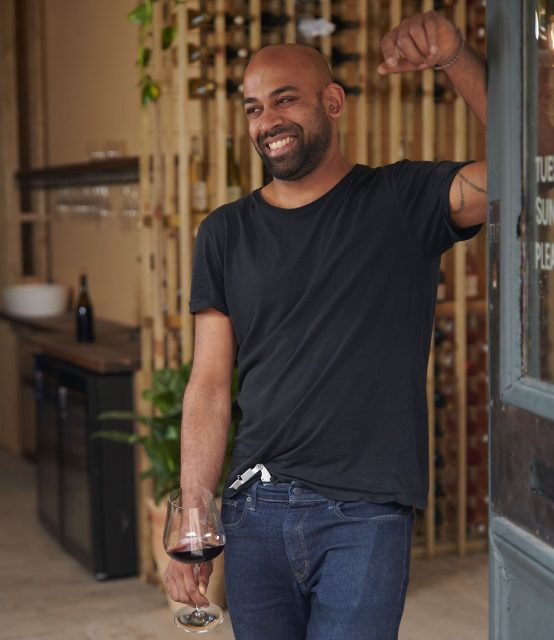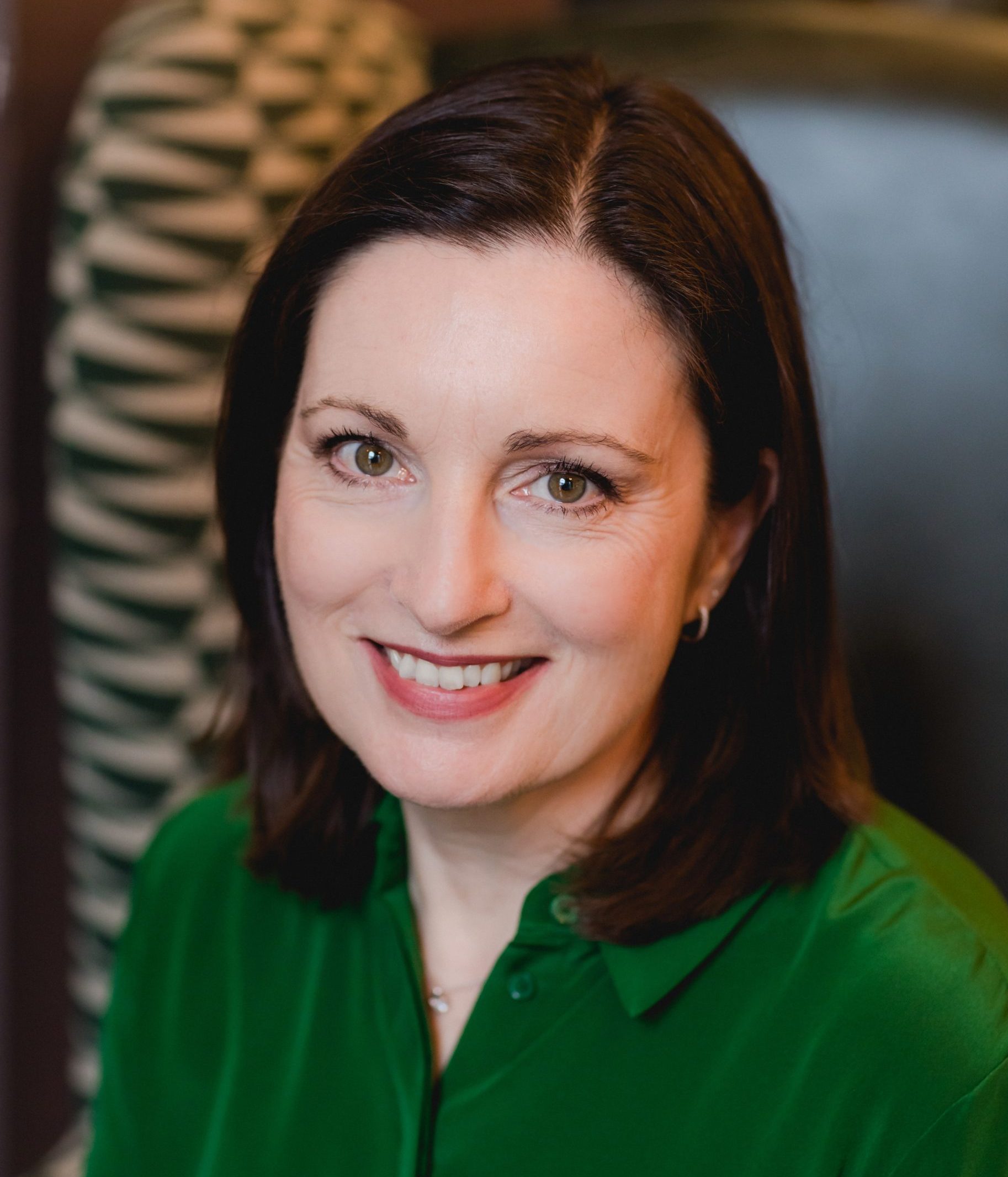Unfiltered: Sunny Hodge
Wine judge, writer, and hospitality consultant Sunny Hodge talks to Douglas Blyde about how his desire for clarity in wine communications led to the development of a wine book and course dedicated to grounding wine knowledge in science.

From where does your interest in wine stem?
Wine was once my biggest weakness in hospitality. I felt I was simply regurgitating stories and sales pitches to recommend it. This sparked my need to understand it and birthed the wine concept behind Diogenes the Dog.
What happened next?
Forever restless, Diogenes was born from a need to move and create. As a manager at Margot restaurant, I realised it was time to tackle the wine conundrum. Serving Sancerre to Sauvignon Blanc haters, and seeing Chardonnay critics love Chablis until they knew what they were drinking, I saw how little we understood about wine. Diogenes was opened to address this pretension. Since 2018, it became a cult wine spot in Elephant and Castle, attracting wine professionals and tourists.
Does your mechanical engineering degree influence your life?
I disliked studying engineering but finished what I had started. It ended up changing my outlook, providing me with the scientific armoury to understand how things work, from materials to thermodynamics. This mindset changed the way I approach the world, applying it to wine and at the bars, including fixing fridges or tinkering with financial forecasts.
When did Aspen & Meursault open?
We opened Aspen & Meursault towards the end of the pandemic: a leafy, buzzing, low-intervention Battersea gem. Awkward to find, but an oasis for wine enthusiasts. A fun list with up-and-coming winemakers transforming farming. We import producers you won’t have heard of before. The teams and service make both bars, sharing wine wisdom without ego or lecture.
How should guests explore wine?
Trust more! Leave yourself in the hands of the sommeliers who live and breathe wine. Food and wine are best enjoyed with an open mind, exploring new styles, grapes, flavours, and aromas. It’s dull to always order the same thing. Wine exploration is endless, and as curious beings, we shouldn’t limit ourselves to what we think we like.
What could you live without?
Trendy pale Provence pink which overshadows genuinely exciting styles of rosé.
What do your pour via Coravin?
The underwater SeaStar Scala Dei El Tribut Priorat. Guests love to hear about, and taste, how underwater ageing affects it through pressure and movement, accelerating tannin polymerisation while pausing oxidative effects.
Can you elaborate on the vision behind the trade arm of Diogenes the Dog?
Having imported groundbreaking wines for years, we now want to share these with the wider market. I aim to partner with venues with standout lists to add intrigue. Our wines, including phenomenal expressions from Texas, India, and Taiwan, will lead to fascinating conversations.
Partner Content
What inspired your second, forthcoming book The Cynic’s Guide to Wine?
Following my first philosophical novel, “Stray Pavements,” which I wrote in my twenties while at Gaucho, The Cynic’s Guide to Wine encapsulates six years worth of my studies of microbes, and how we perceive smell and taste. The book joins the dots from soil to grape to glass, and how we individually perceive it. It’s all science, minimal opinion, and controversially debunks common assumptions.
What common wine comments does it use science to debunk?
That most soil types translate to specific tastes. It also addresses myths on natural wine, hangovers, sulphur use, organics, genetic biases, and human manipulations.
What is the corresponding course you plan to launch in 2025/6?
After the book’s release, I will launch a certified wine course focused on wine science, dissecting it to reveal what gives certain wines their characteristics and why wines from different regions vary. By teaching the “why” instead of the “what,” it elevates the language around wine and reduces subjectivity. These principles also apply to beer, food, and farming.
What have you learnt from hospitality?
To listen, engage, and make people smile.
Can you share something surprising about yourself?
I spent some time sleeping on park benches in Paris, featured in aggressive skating videos, possess a dodgy hippocampus which leaves me with little to no memory, and, unrelatedly, got shot in the head.
If you could have any superpower, what would it be?
Memory.
Who do you find inspiring?
Chris van Tulleken, author of Ultra Processed People, has a background in molecular virology and brought many food processing issues to light. The more you know about a topic, the tougher it is to explain it to laypeople. He skilfully translates his expertise into a controversial yet riveting read, highlighting damning issues with scientific clarity. I’m inspired by his ability to convey complex knowledge accessibly and the positive impact his work has on food and health.
Finally, which historical figure would you take to lunch?
Diogenes the Dog, who has been a formative part of my adult life. I couldn’t resist enjoying a glass of someone else’s wine with him. A lesser-known Greek philosopher and founder of Cynicism, Diogenes wrote little, and most of what we know comes from others’ stories. He constantly questioned the world, lived nearly naked in a barrel, and famously remarked: “What I like to drink most is wine that belongs to others.”
instagram.com/sunnyhodgewine
Related news
Wine List of Week: The Ragged Robin




